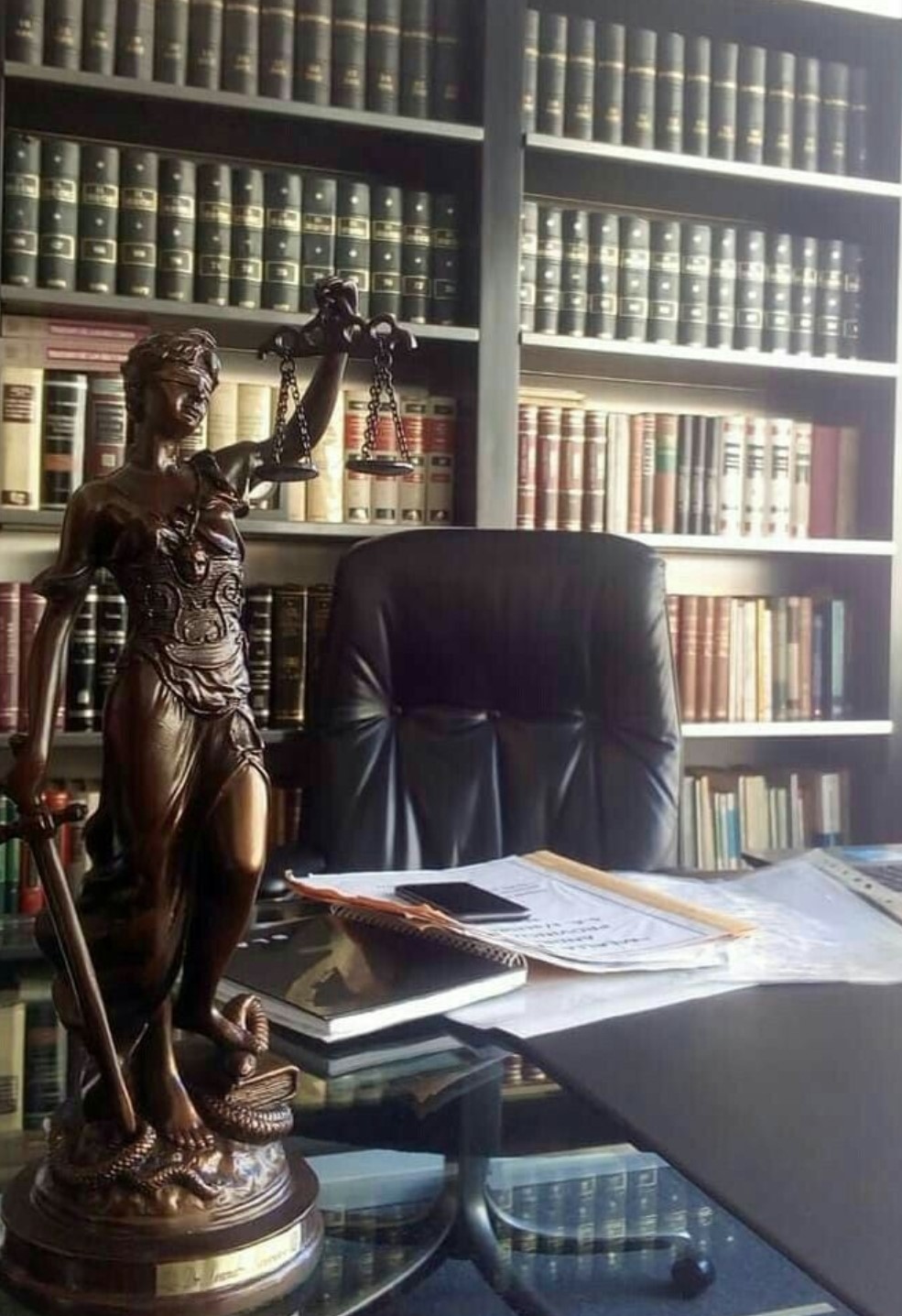Albany district attorney, sheriff under federal review for use of funds
The Department of Justice is reviewing the offices’ use of federal forfeiture funds after two audits
By Steve Hughes
Updated Jan 12, 2023 7:13 a.m.
Albany County District Attorney David Soares attends a donation ceremony to the Mohawk Hudson Humane Society Monday, April 11, 2022, in Menands N.Y. The Department of Justice is reviewing how Soares’ office, as well as the Albany County Sheriff’s Office, spent federal forfeiture monies.
Albany County District Attorney David Soares attends a donation ceremony to the Mohawk Hudson Humane Society Monday, April 11, 2022, in Menands N.Y. The Department of Justice is reviewing how Soares’ office, as well as the Albany County Sheriff’s Office, spent federal forfeiture monies.
Will Waldron/Times Union
ALBANY — The U.S. Department of Justice is examining two county officials’ use of federal asset forfeiture funds.
Watch More
0:12
/
0:59
exp-customer-logo
A federal inquiry into the offices of Albany County District Attorney David Soares and Albany County Sheriff Craig Apple has been underway since late November.
END OF YEAR SALE: 6 MONTHS FOR 99¢! Start 2024 as a digital subscriber.
Act Now
Federal officials from the Money Laundering and Asset Recovery Section, which leads the department’s asset forfeiture and anti-money laundering enforcement efforts, have been in contact with county officials as part of a compliance review.
ADVERTISEMENT
Article continues below this ad
The Department of Justice did not return repeated requests for comment.
Albany County Comptroller Susan Rizzo, whose office published audits last year examining both offices’ use of state and federal forfeiture funds, said federal officials had been in contact with her office.
Rizzo said DOJ employees had submitted an “extensive questionnaire” and requested backup data from both county officials.
Apple said his office typically undergoes an annual audit for the program, but with the renewed scrutiny after Rizzo’s audit, DOJ officials told him they would do a more in-depth examination.
ADVERTISEMENT
Article continues below this ad
Cardiologist: Too much belly fat? Do this before bed SPONSOR CONTENT
Cardiologist: Too much belly fat? Do this before bed
BY: Health Secrets
Apple said he was not concerned about the review.
“We have to submit everything to them and account for every dollar and they approve our purchases,” he said. “So, it’s just to me, it’s more of a formality.”
Apple said DOJ may do a site visit to inspect some of the equipment his department has purchased.
Soares’ office said it is cooperating with the review.
ADVERTISEMENT
Article continues below this ad
“We’re in the preliminary stages, still gathering the requested documents,” said his spokesman Darrell Camp. Camp said the district attorney’s office has not been told how long the review might take.
The Times Union previously reported on both audits, which found asset forfeiture money had been improperly spent, contrary to state and federal guidelines. Neither of the audits accused Apple or Soares of a crime or of using the money for personal gain. The Department of Justice review is only focused on funds from the federal asset forfeiture program.
Forfeiture funds can come from either state or federal prosecution of crimes. If a local police department, for example, recovers $10,000 in cash from a drug bust, the money is put into escrow until the matter is resolved through the court system. Then law enforcement and district attorneys receive a share of the proceeds from the case, with different rules guiding how the money can be spent depending on whether it comes from a state or federal case.
In general, forfeiture funds are supposed to be used for other criminal investigations, training and prosecutions.
ADVERTISEMENT
Article continues below this ad
Under the federal asset forfeiture program, local law enforcement agencies must file a claim for their share, which depends on their involvement in an investigation. State rules require district attorneys to share a certain percentage of funds with the state Office of Addiction Services and Supports, as well as local law enforcement agencies involved in investigations.
One key difference is that the federal government’s program allows for $25,000 to be transferred to community programs that meet specific criteria, something Apple said he has always done. One use of those federal funds that Rizzo questioned included $2,000 to a United Way literacy program.
Apple said his office’s use of federal forfeiture funds has been audited repeatedly with no questions about how the money has been spent.
Rizzo’s audits found that both Apple and Soares used state funds for purposes they were not intended for, according to a state comptroller’s opinion. Both men previously said they disagreed with that guidance on the money’s use. Rizzo’s office has since assumed oversight on how both offices spend the money.
ADVERTISEMENT
Article continues below this ad
Rizzo’s audit of Soares’ office was sparked by an incomplete forensic audit conducted in 2021 by an employee in Soares’ office. That audit, published in March, found that Soares’ office withheld hundreds of thousands of dollars in criminal forfeiture funds from the state and misspent other money, according to an Albany County Comptroller’s audit, including federal money for community organizations that might fall outside federal guidelines, such as a Loudonville karate program.
In her letter to Soares, Rizzo recommended that the district attorney’s office also reach out to state and federal agencies to alert them of impermissible expenses and ask about possibly paying that money back.
Soares, in a written response to Rizzo’s audit, disagreed with her interpretation of what a permissible expense was.
Rizzo published an audit of Apple’s use of the funds in November. That audit found fewer problems than those in the audit of the district attorney’s office.




![kim-ogg-harris-county-district-attorney-campaign-enlarged[1]](https://rucci.law/wp-content/uploads/2023/12/kim-ogg-harris-county-district-attorney-campaign-enlarged1.jpg)
![21f131b7-28f4-4147-8829-e7d6e983da8e-Civil_forfeiture_supreme_court_JRW02[1]](https://rucci.law/wp-content/uploads/2023/12/21f131b7-28f4-4147-8829-e7d6e983da8e-Civil_forfeiture_supreme_court_JRW021.jpg)
![civil_asset_forfeitures_4_new_0[1]](https://rucci.law/wp-content/uploads/2023/12/civil_asset_forfeitures_4_new_01.jpg)




